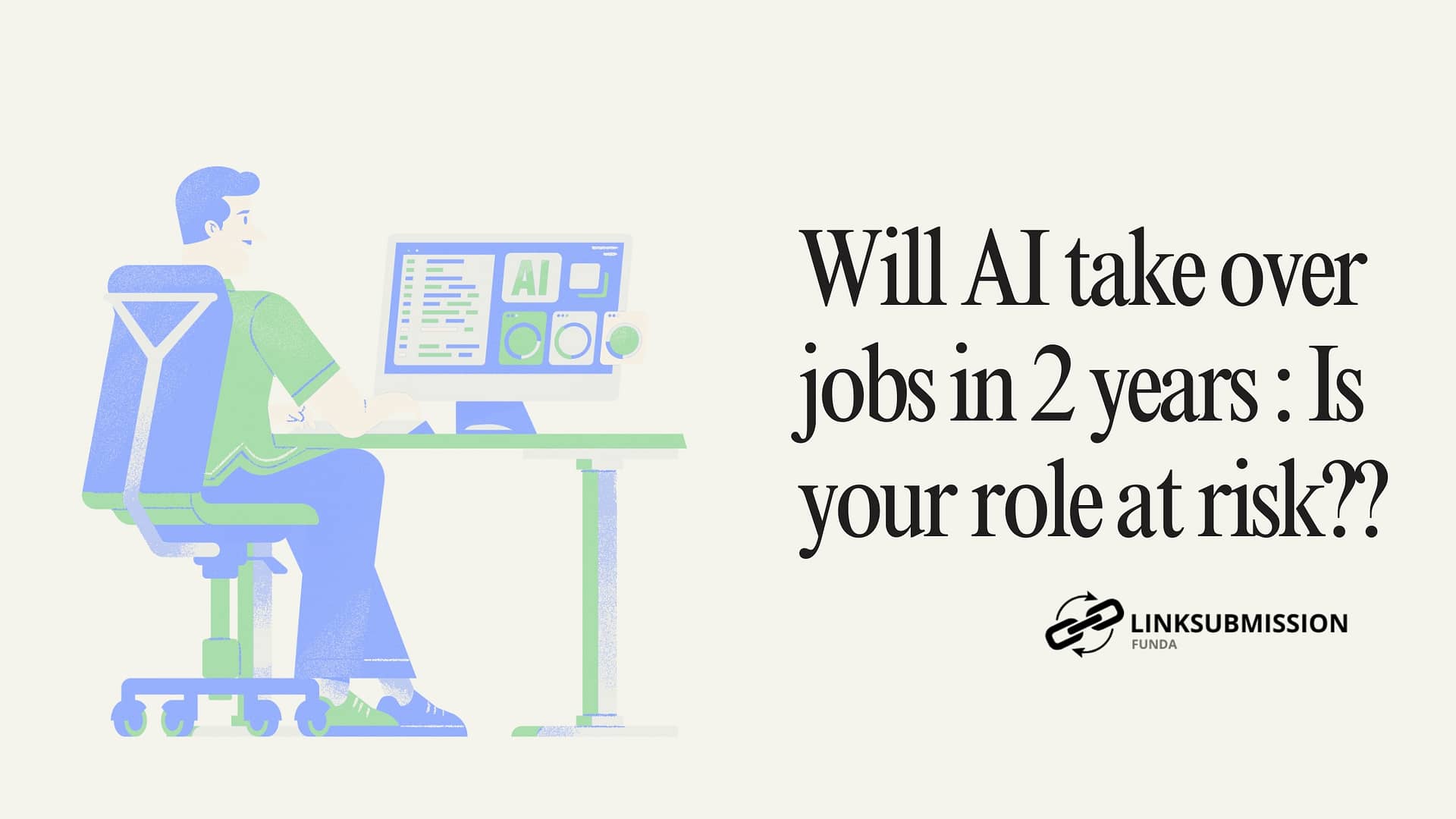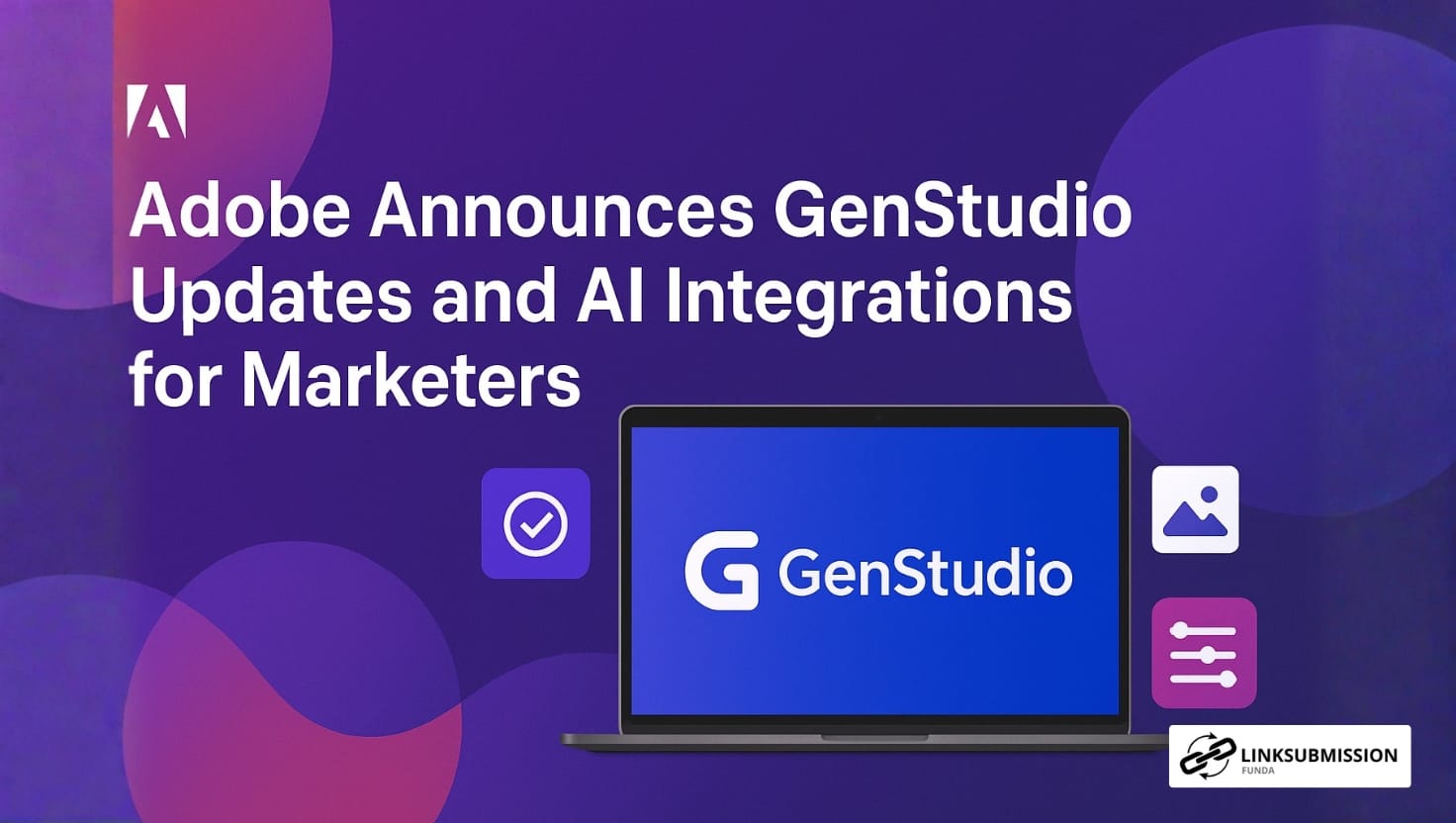Artificial Intelligence (AI) is rapidly transforming the global job market, automating tasks once thought to require human intellect and creativity. With each new advancement, industries are finding more efficient ways to operate, but this progress comes with a stark warning: millions of jobs could be displaced in the next few years. According to leading AI experts, several occupations are now at serious risk of becoming obsolete — potentially within as little as two years.
The Acceleration of AI Adoption
AI isn’t just a futuristic concept anymore. From chatbots replacing customer service agents to automated software taking over accounting duties, the technology has already infiltrated nearly every major industry. The COVID-19 pandemic further accelerated this adoption, as companies sought ways to maintain productivity with fewer human workers. Today, the pace at which AI tools like ChatGPT, Midjourney, and automated robotic systems are being implemented suggests that many job roles could vanish quicker than expected.
Dr. Lydia Kramer, a renowned AI researcher and author of The AI Workforce Shift, warns that we’re entering an era of “creative destruction” in the workforce. “Jobs that involve routine, predictable tasks are the first to go,” she says. “The next two years will likely be critical in determining which roles survive, which evolve, and which disappear entirely.”
Jobs on the Chopping Block
Here are some of the jobs that experts believe could face extinction or severe reduction by 2027:
- Data Entry Clerks
Data entry is highly repetitive and rule-based — making it ideal for automation. AI-powered systems can now extract, interpret, and input data faster and more accurately than humans. Tools like optical character recognition (OCR) and natural language processing (NLP) mean businesses no longer need teams of data entry staff. - Customer Support Representatives
Chatbots and virtual assistants have made incredible strides in recent years. AI can now handle a wide range of customer queries without human intervention, offering 24/7 service and personalized interactions. While complex issues may still require a human touch, the majority of first-level support tasks are now fully automated. - Telemarketers
AI-driven voice systems are becoming more sophisticated, capable of carrying on full conversations with customers. These systems can follow scripts, respond to queries, and even adjust tone based on sentiment analysis, making many traditional telemarketing roles redundant. - Basic Content Writers
With the emergence of AI writing tools like ChatGPT and Jasper, the need for human writers for basic content — such as product descriptions, social media posts, or standard blog articles — is diminishing. While creativity and originality still require a human mind, the demand for entry-level writing jobs is expected to decline. - Retail Cashiers
Self-checkout kiosks, AI-powered surveillance, and automated payment systems are revolutionizing retail. Large chains are already piloting cashierless stores, and within two years, this model could become standard in many urban areas. - Accounting and Bookkeeping Clerks
Software like QuickBooks and AI-driven platforms can now handle complex financial records, invoicing, and tax preparation tasks that once required a team of clerks. The role of traditional bookkeepers is being redefined or outright eliminated in many small and medium enterprises.
Not All Doom and Gloom
Despite the grim outlook for certain roles, AI isn’t just about job destruction — it’s also about transformation and creation. Dr. Kramer emphasizes that “the jobs disappearing are being replaced by those that require new skills — especially those related to AI oversight, development, and ethical management.”
Careers in AI development, cybersecurity, machine learning operations (MLOps), data science, and human-AI collaboration are booming. Additionally, sectors involving empathy, creativity, and complex decision-making — such as healthcare, education, and high-level strategic planning — remain largely resistant to automation for now.
How to Future-Proof Your Career
To stay ahead of the curve, workers are advised to upskill and adapt. Some ways to do that include:
- Learning AI and tech skills: Courses in AI, programming, data analysis, and machine learning are widely available online.
- Focusing on soft skills: Emotional intelligence, communication, and critical thinking will remain invaluable.
- Adopting a growth mindset: Embrace change and be willing to pivot to new roles or industries.
Businesses, too, need to prepare. Rather than laying off workers, companies can invest in training programs to shift employees into tech-forward roles, creating a more agile and future-ready workforce.
Final Thoughts
The AI revolution is no longer on the horizon — it’s here. While the speed of change is unsettling, it also opens up enormous opportunities. As some roles fade, others will rise. The key is awareness, adaptability, and a commitment to lifelong learning. Whether your job is at risk or not, the future of work will be shaped by those who can evolve alongside the machines.
Is your role at risk? The time to prepare is now.





